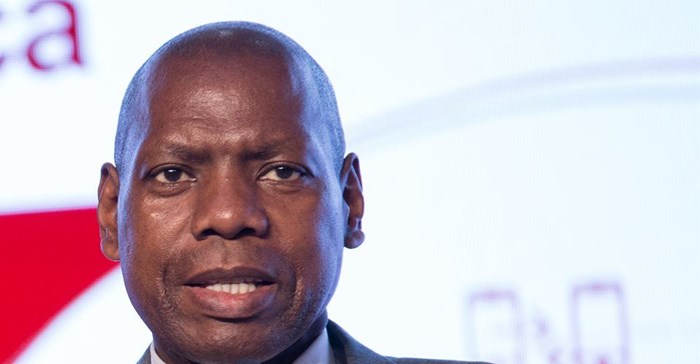
Top stories






More news















He told the Hospital Association of South Africa (Hasa) conference being held at the Cape Town International Convention Centre that the NHI – aimed to provide universal health coverage for all South Africans – will be phased in, with a full implementation deadline of 2026.
The money Bill that will govern its funding will be tabled when the time is right. “There will be an estimated shortfall of R30bn in 2026, which Treasury is working on. It is a fallacy to postulate that NHI will bankrupt the country,” Mkhize said.
The proposed Bill advocates a centralised management structure, which critics say will open the system up for corruption. However, the board won’t have the power to take risk decisions, the minister said.
He explained that the NHI will be set up like entities such as the Medical Research Council or the Human Sciences Research Council, and not like state-owned companies, such as Eskom. “It will have a strong anti-corruption team.”
The NHI will focus on strengthening primary healthcare through community-based clinics, using multi-disciplinary teams. “This provides scope for various other allied healthcare service providers. It holds space for homeopaths, acupuncturist and traditional healers. We still need to work out how to align traditional Western medicine with alternative healthcare suppliers.”
The minister promised that the government had no intention of nationalising private hospitals, but added that pricing in the private healthcare sector was a problem. “South Africans spend more on healthcare than any other country in the world.”
“We’re going to sit down and talk about issues in both the private and public sector. Correcting this thing on health will be the turnaround for the ever-widening gap in inequality.”
Mkhize added that the evolution of the current medical aid system is a result of the legislative framework, but there is a role for them in NHI, as more skills in managing health financing are needed.
“We need to look at how the entire system can benefit the whole country and economy. There is space for everyone to adjust to the new environment. It’s premature to say where the losses will be. We need to explore the gains.”
